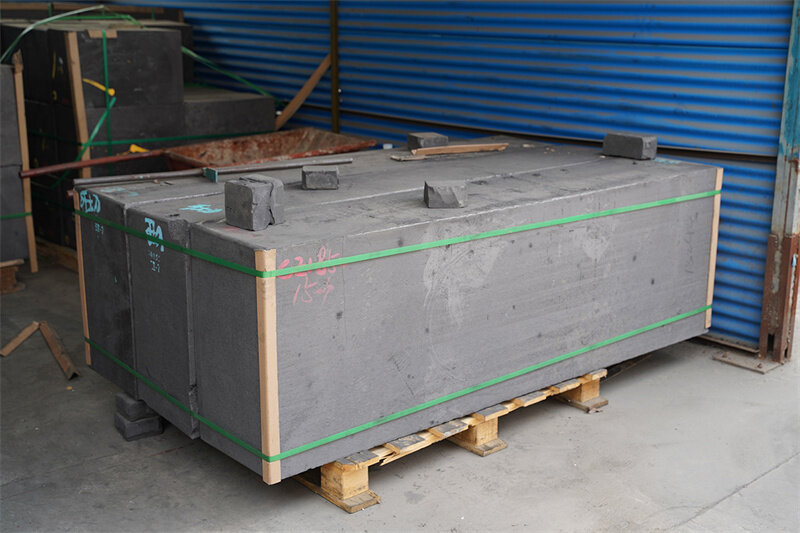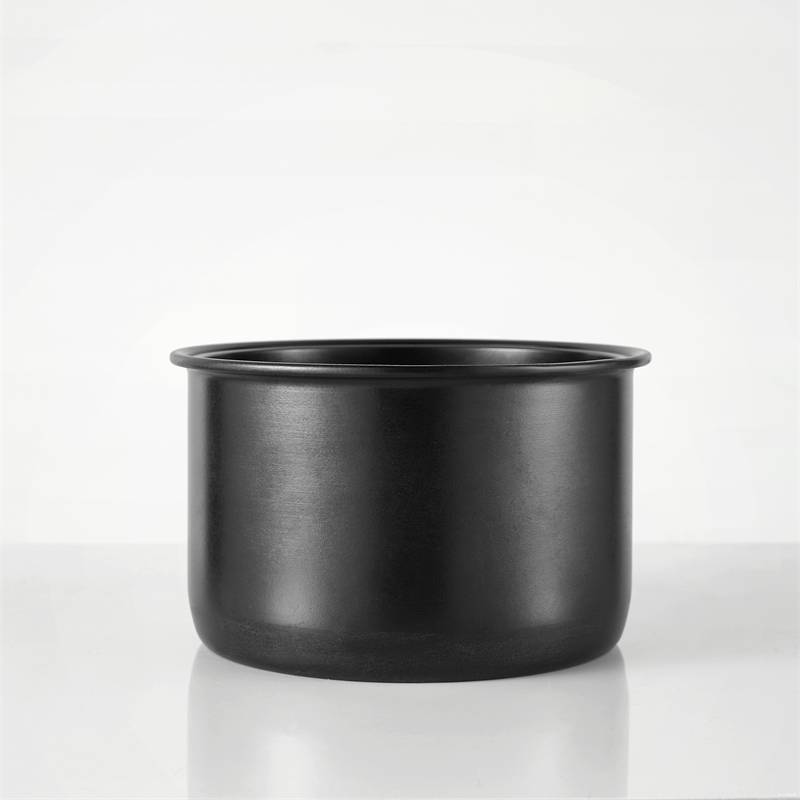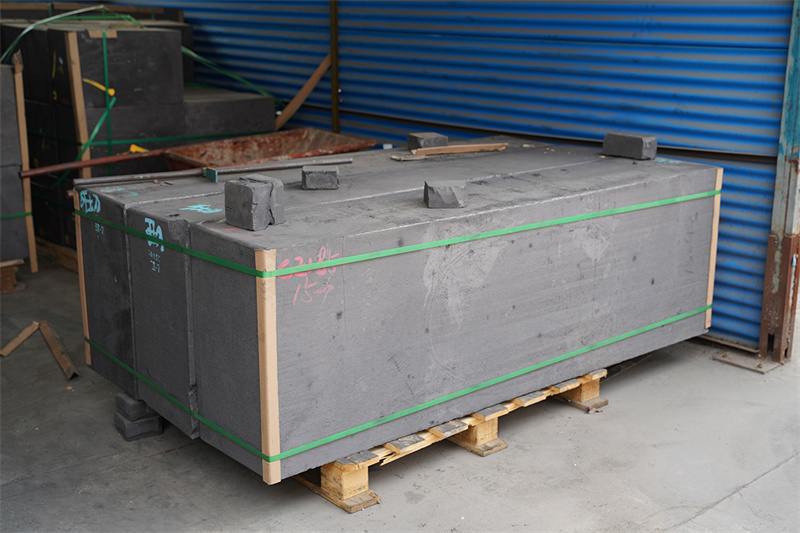Graphite electrodes are a critical component in various industrial processes, particularly in the steelmaking industry. Their unique properties make them indispensable in high-temperature applications, where they serve as conductors of electricity. This article delves into the role of graphite electrodes, their manufacturing process, types, and their significance in modern industry.
Graphite Electrodes
Graphite electrodes are rods made from synthetic graphite, primarily used to conduct electricity in industrial settings such as steelmaking. These electrodes can withstand extremely high temperatures, making them ideal for generating the intense heat needed to melt metals and produce steel.
Types of Graphite Electrodes
Graphite electrodes are categorized based on their power and current capacities:
Regular Power (RP) Graphite Electrodes: Used in steelmaking electric arc furnaces (EAF) with lower power and current requirements.
High Power (HP) Graphite Electrodes: Suitable for higher power and current applications, offering faster processing speeds and better performance.
Super High Power (SHP) Graphite Electrodes: Designed for even higher power applications, providing enhanced mechanical strength and electrical conductivity.
Ultra-High Power (UHP) Graphite Electrodes: Capable of handling the highest power and current densities, mainly used in ultra-high-power steelmaking EAFs.
Manufacturing Process
The production of graphite electrodes involves several meticulous steps to ensure high quality and performance:
Raw Material Sourcing: The primary materials used are petroleum coke, pitch coke, and coal tar pitch. These materials are selected for their purity and consistency.
Mixing and Extruding: The raw materials are mixed and extruded into the desired shape and size using high-pressure extruders.
Baking: The extruded electrodes are baked at temperatures up to 3000°C in an oxygen-free environment, a process known as graphitization, which imparts unique properties to the electrodes.
Machining: The baked electrodes are machined to their final dimensions using precision equipment.
Quality Control: Each batch undergoes rigorous testing for density, strength, and electrical conductivity to ensure they meet industry standards.
Applications in Modern Industry
Graphite electrodes are primarily used in the steelmaking industry, particularly in electric arc furnaces (EAF) and ladle furnaces. They play a crucial role in:
Steel Production: Graphite electrodes are used to melt scrap steel in EAFs, recycling it into new steel. They can sustain the high temperatures required for this process, typically around 1600°C.
Refining Processes: In ladle furnaces, graphite electrodes help refine steel by maintaining the necessary high temperatures and electrical conductivity.
Non-Ferrous Metal Production: These electrodes are also used in the production of non-ferrous metals like titanium and copper, as well as in the smelting of phosphorus, carbides, and zinc.
Advantages of Graphite Electrodes
Graphite electrodes offer several advantages:
High Electrical Conductivity: They can conduct large electrical currents, essential for melting metals.
Thermal Resistance: Graphite electrodes can withstand extremely high temperatures without degrading.
Mechanical Strength: They maintain high mechanical strength even at elevated temperatures.
Chemical Stability: Graphite electrodes have good chemical stability, making them suitable for harsh industrial environments.
Future Trends and Innovations
The development of ultra-high power (UHP) graphite electrodes has significantly improved the efficiency and performance of steel mills. Innovations in nanomaterials and enhanced thermal properties are expected to further advance the capabilities of graphite electrodes, making them even more efficient and durable in industrial applications.
Conclusion
Graphite electrodes are indispensable in modern industry, particularly in steelmaking and other high-temperature applications. Their unique properties, such as high electrical conductivity and thermal resistance, make them essential for efficient and effective industrial processes. As technology advances, the role of graphite electrodes is likely to expand, driving further innovations in industrial manufacturing.



_853.jpg)
_867.jpg)
